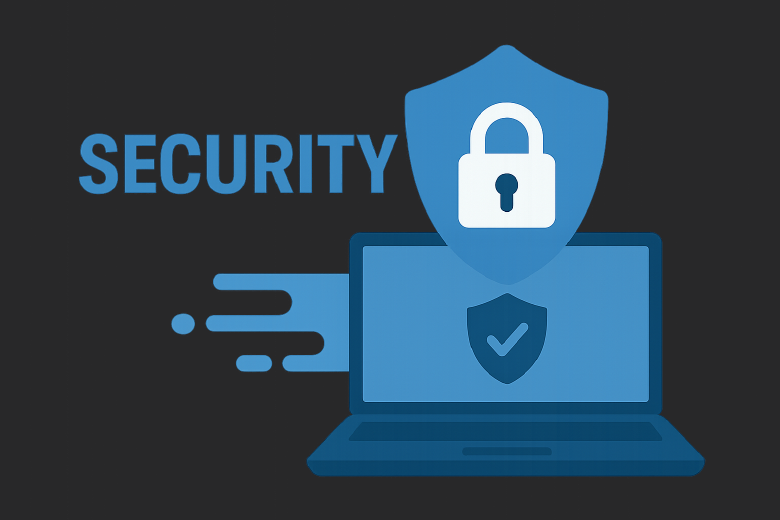Best VPN Considerations for 2025: Your Guide to Antivirus & Security Software

Best VPN Considerations for 2025: Your Guide to Antivirus & Security Software
In 2025, the digital landscape has shifted yet again, with both VPNs and antivirus software playing crucial roles in safeguarding your online world. As privacy concerns grow, users in the UK and beyond are on the lookout for robust tools to protect their internet activities from evolving cyber threats. This guide breaks down what you need to know about integrating VPNs with antivirus and security software to ensure your privacy and protection are covered.
How VPNs Enhance Your Internet Security
VPNs, or Virtual Private Networks, are essential for privacy, encrypting your internet traffic, and hiding your IP address. This means your online actions become a lot harder for hackers and ISPs to track. Pair this with antivirus software, and you’ve got an extra layer of security to keep your sensitive information safe.
Why Pair VPNs with Antivirus Software?
-
Boost Your Privacy: Antivirus software guards against malware and spyware, while a VPN keeps your internet activity private and anonymous.
-
Secure Remote Work: If you’re working from home, a VPN paired with antivirus software ensures a safe connection to your company’s network, keeping business data secure from breaches.
-
Access Blocked Content: VPNs can help you access geographically restricted content, with antivirus software ensuring these connections are threat-free.
-
All-in-One Threat Detection: Some security packages offer VPN services that work seamlessly with their antivirus systems, providing a unified approach to threat detection.
How to Choose the Right Internet Security Software with VPN
When selecting a VPN and antivirus combo, here are some key factors to consider:
Important Features to Look For
-
Robust Security: Opt for software with strong malware protection, firewalls, phishing protection, and real-time threat alerts.
-
VPN Protocols: Go for VPNs with secure protocols like OpenVPN, IKEv2/IPSec, or WireGuard, known for strong encryption.
-
Speed Matters: A quality VPN shouldn’t slow you down. Look for high-speed servers and unlimited bandwidth.
-
Ease of Use: Find software that’s simple to install and navigate with an intuitive interface.
-
Device Compatibility: Ensure the software works with your operating system, be it Windows, macOS, Android, or iOS.
-
Reliable Support: Good customer support is a must for tackling any technical issues that arise.
Common Questions from Users
| Question | What to Know |
|---|---|
| How do VPNs and antivirus software work together? | A VPN encrypts data while antivirus protects you from malware and other threats. |
| Should I use a standalone VPN or one with antivirus? | Integrated solutions offer cohesive protection, but standalone VPNs might have advanced features. |
| Does using a VPN slow my internet speed? | Some speed reduction is normal, but top-notch VPNs minimize this with optimized servers. |
| Are free VPNs safe? | Free VPNs often have limitations and may lack the security of paid versions. |
| How can I tell if my VPN is secure? | Check for strong encryption, no-log policies, and independent security audits. |
| Can I use a VPN on multiple devices? | Most VPNs support multiple devices, but it’s best to check the provider’s terms. |
Wrapping Up
In 2025, pairing VPNs with antivirus and security software is crucial for anyone serious about protecting their digital life. By focusing on security features, speed, and compatibility, you can find the right tools to meet your privacy needs. As cyber threats continue to grow, staying informed and making smart choices is essential to keeping your online activities secure.
